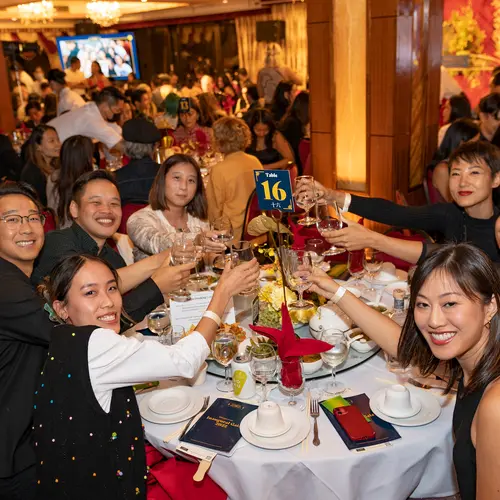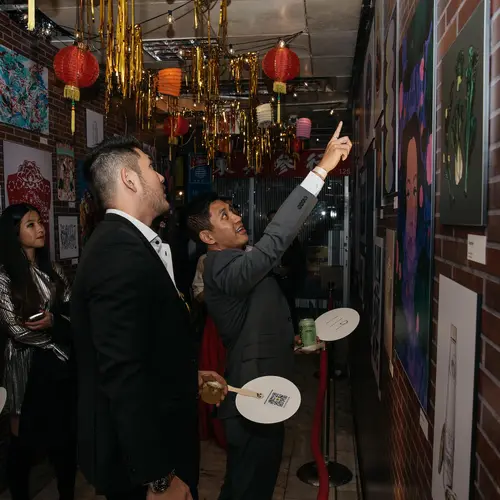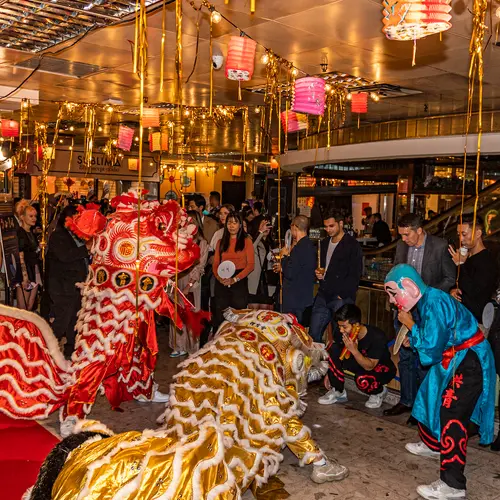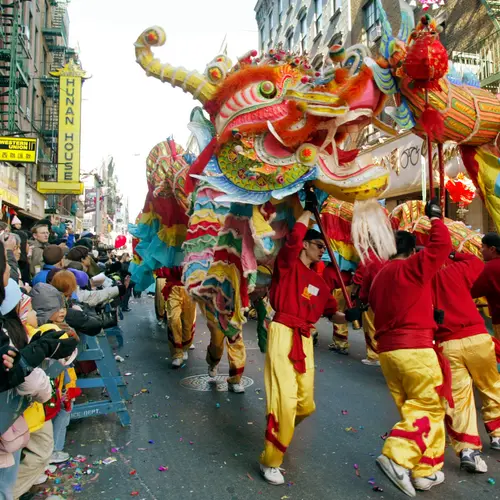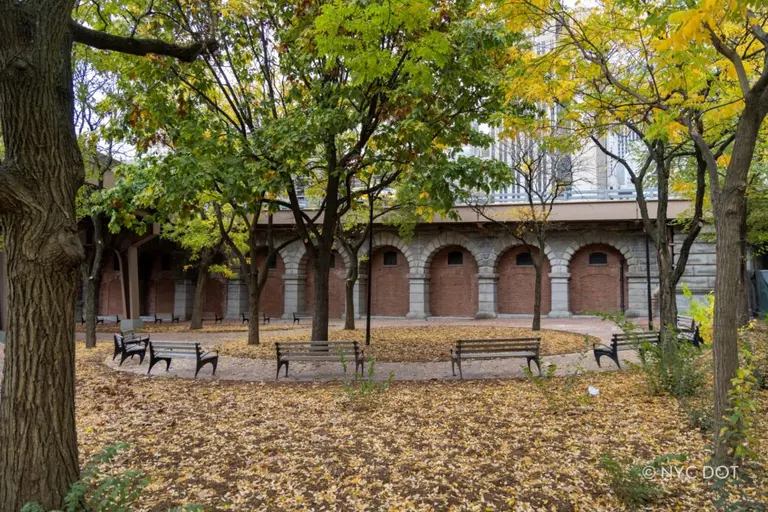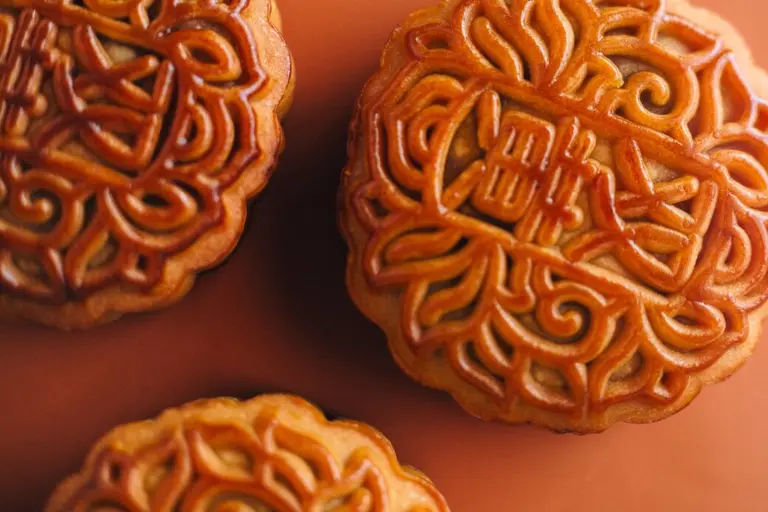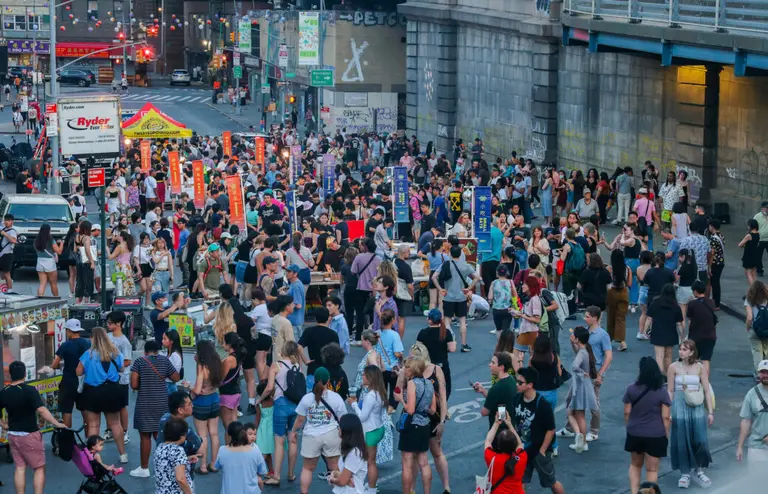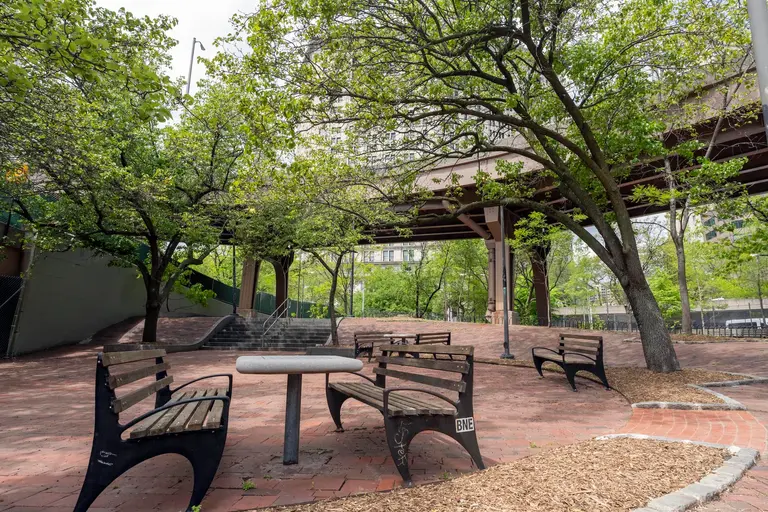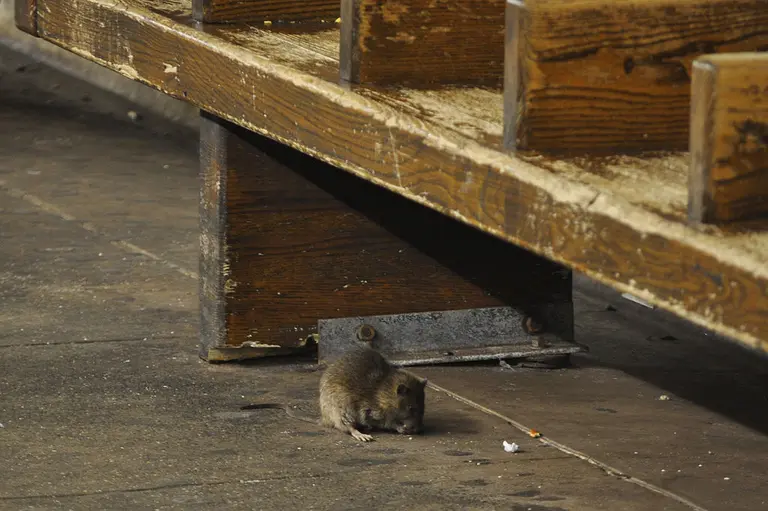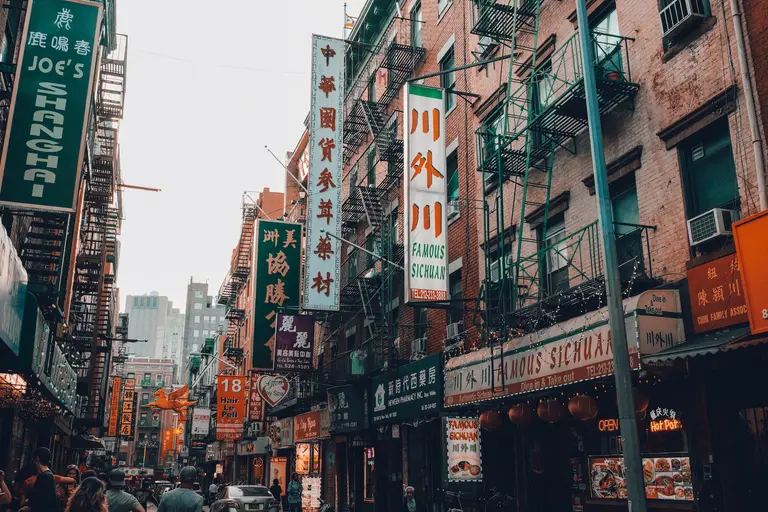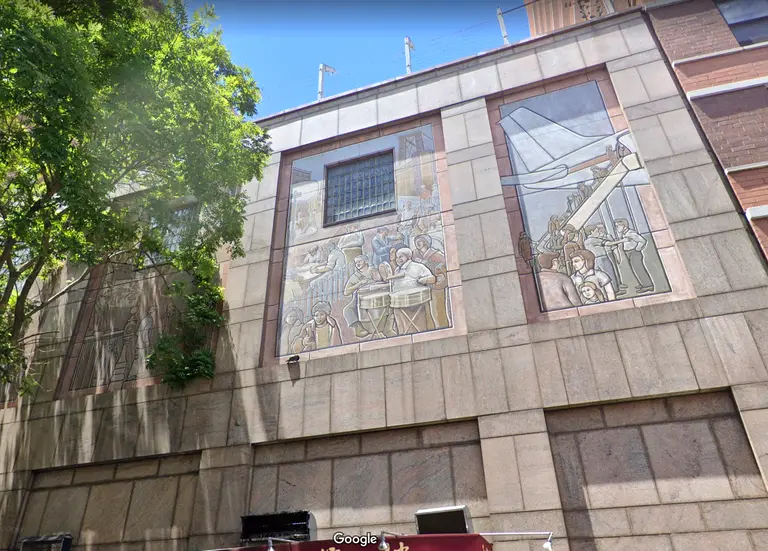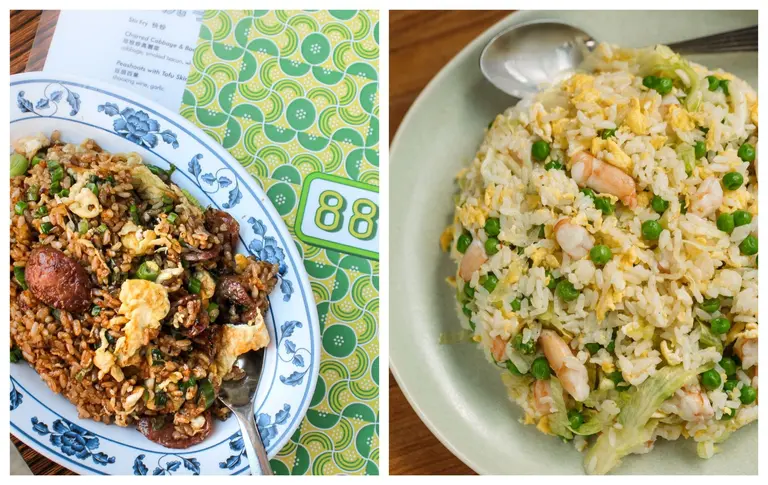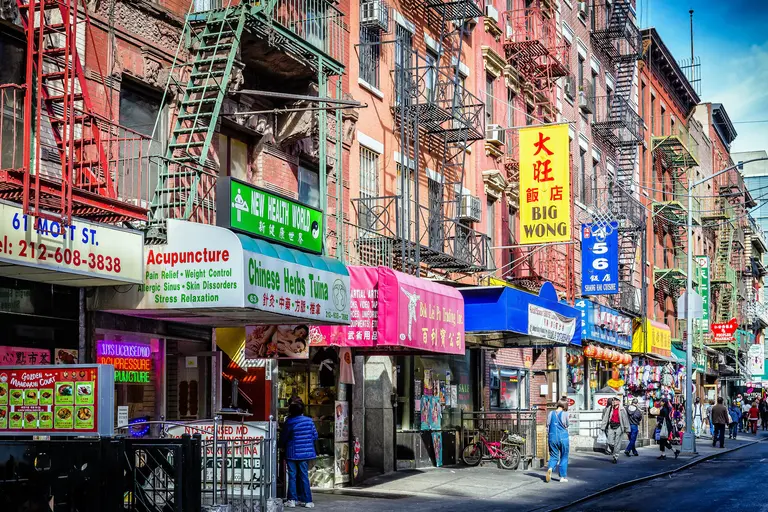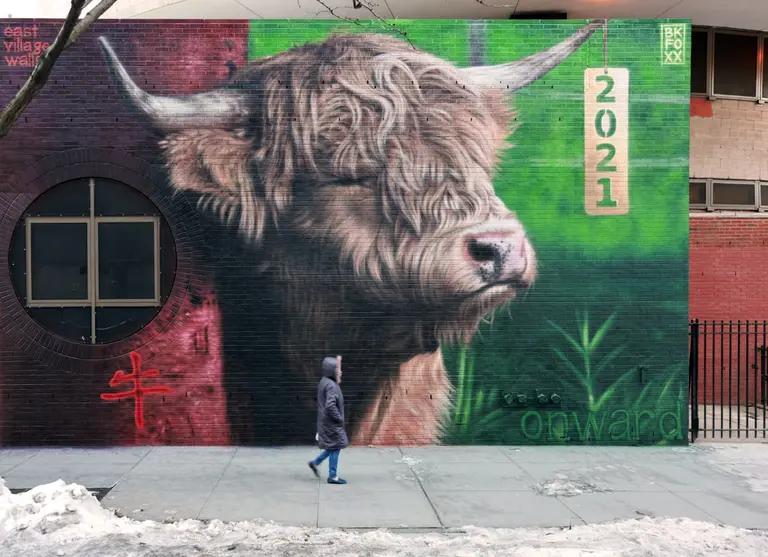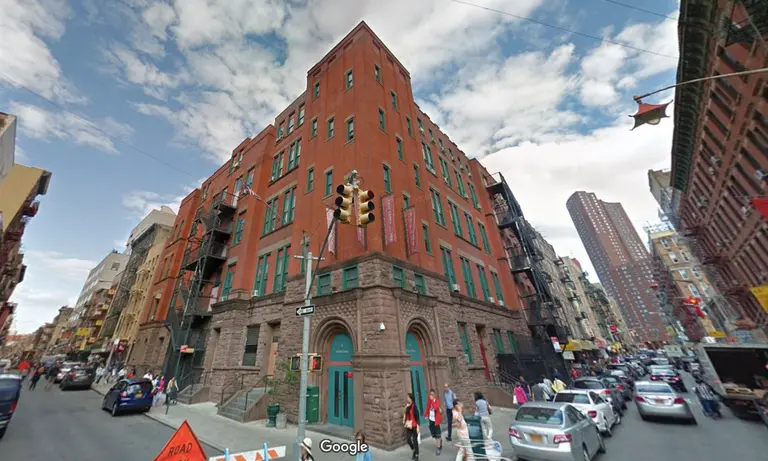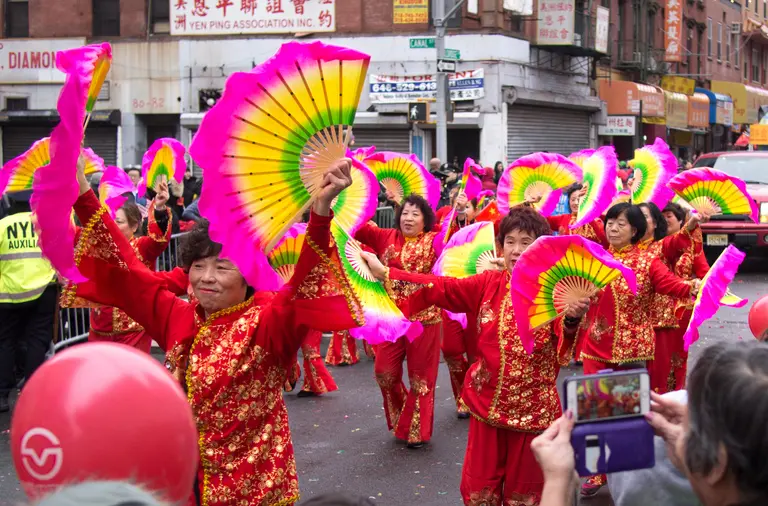Lunar New Year brings celebrations and joy to NYC’s Chinatown
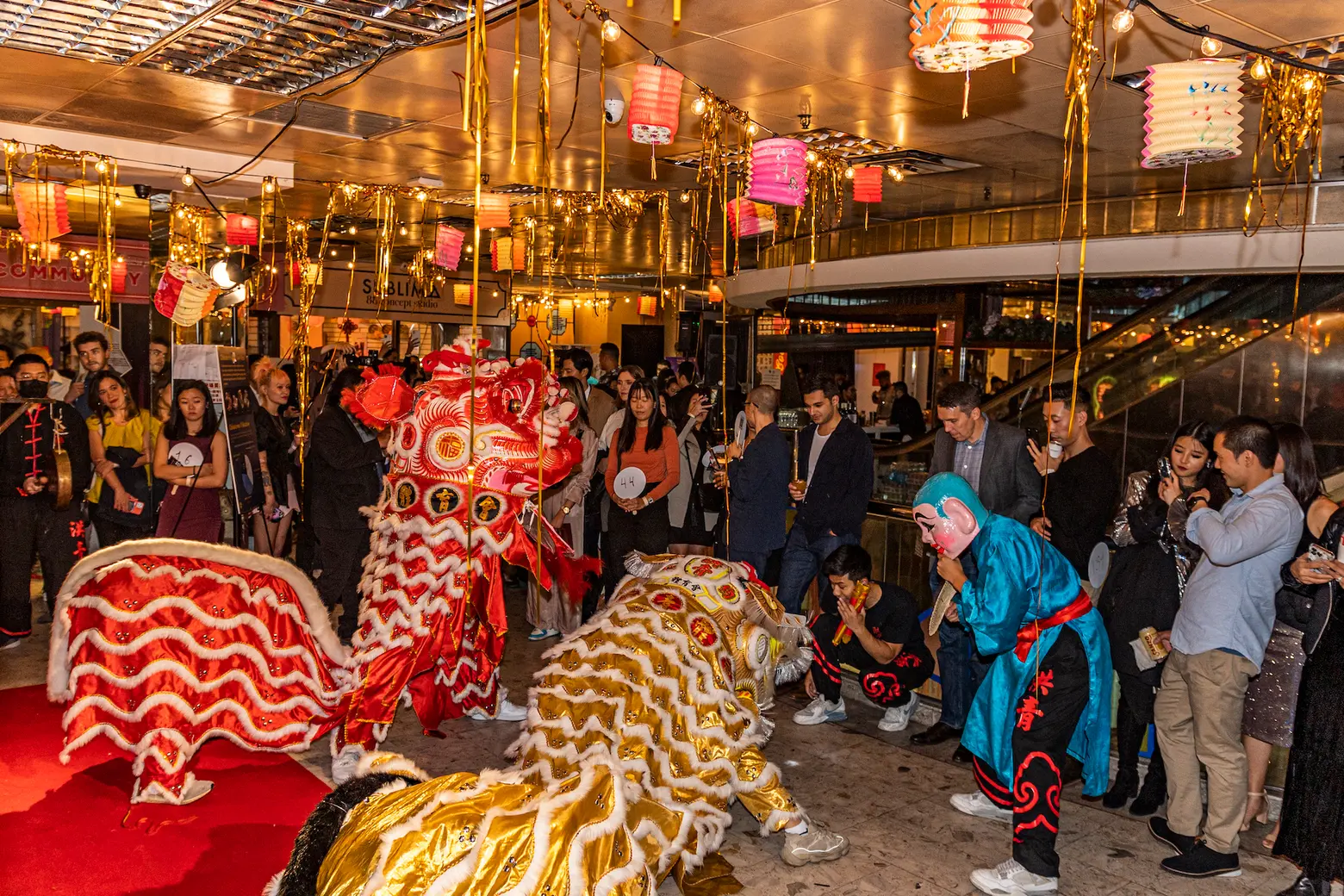
All photos courtesy of Welcome to Chinatown unless otherwise noted
In early 2020, Vic Lee, who grew up in Manhattan’s Chinatown, noticed that there was less foot traffic in her neighborhood. “It was obvious something was going on that Lunar New Year,” Lee said. “We talked to business owners, and it was because of xenophobia and racist rhetoric.” During the height of the coronavirus pandemic in March of that year, she co-founded Welcome to Chinatown as a way to amplify small businesses and entrepreneurs in Chinatown via their Longevity Fund. The organization also has a meal donation program for underserved residents and does research and data collection. And this month, for the third year, Welcome to Chinatown will be hosting Lunar New Year celebrations to usher in the Year of the Rabbit, which begins January 22. We spoke to Lee about what to expect and what Lunar New Year means to her, as well as the Chinatown community.
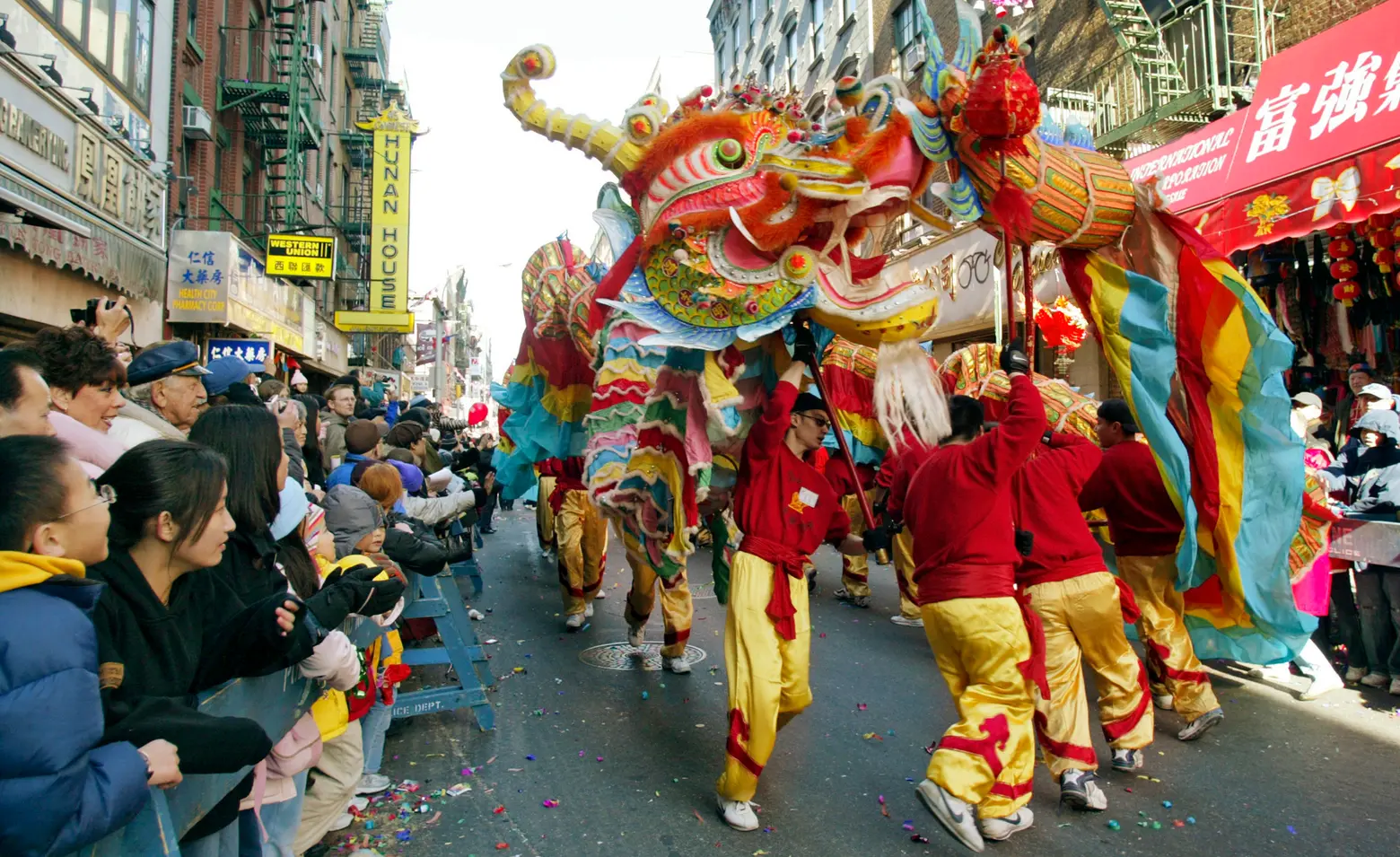
Photo by Patrick Kwan on Flickr
6sqft: What is the significance of the Lunar New Year?
Lee: It’s a time to celebrate and ring in the new year according to the lunar calendar, but it’s also a time of reflection and a moment when a lot of Asian Americans look to their roots and what their cultural heritage means. It’s a joyous occasion bringing positivity to the new year centered around loved ones.
In NYC, there is a high percentage of Asian Americans, particularly Chinese, Vietnamese and Korean, who celebrate the Lunar New Year. A lot of these celebrations are amplified in communities like Chinatowns. Our supporters were documenting how it’s celebrated in San Francisco and Oakland.
What was Lunar New Year like for you growing up?
As a second-generation Asian American, my traditions have been blended with my grandparents’ and parents’ traditions, who immigrated when they were young. For me, there is a lot of sense of understanding where traditions come from, to step back and be able to connect with my cultural heritage. It’s one of the few times I go to temple and pay honor to my ancestors. I don’t do that as a daily practice, but Lunar New Year pushes me towards it.
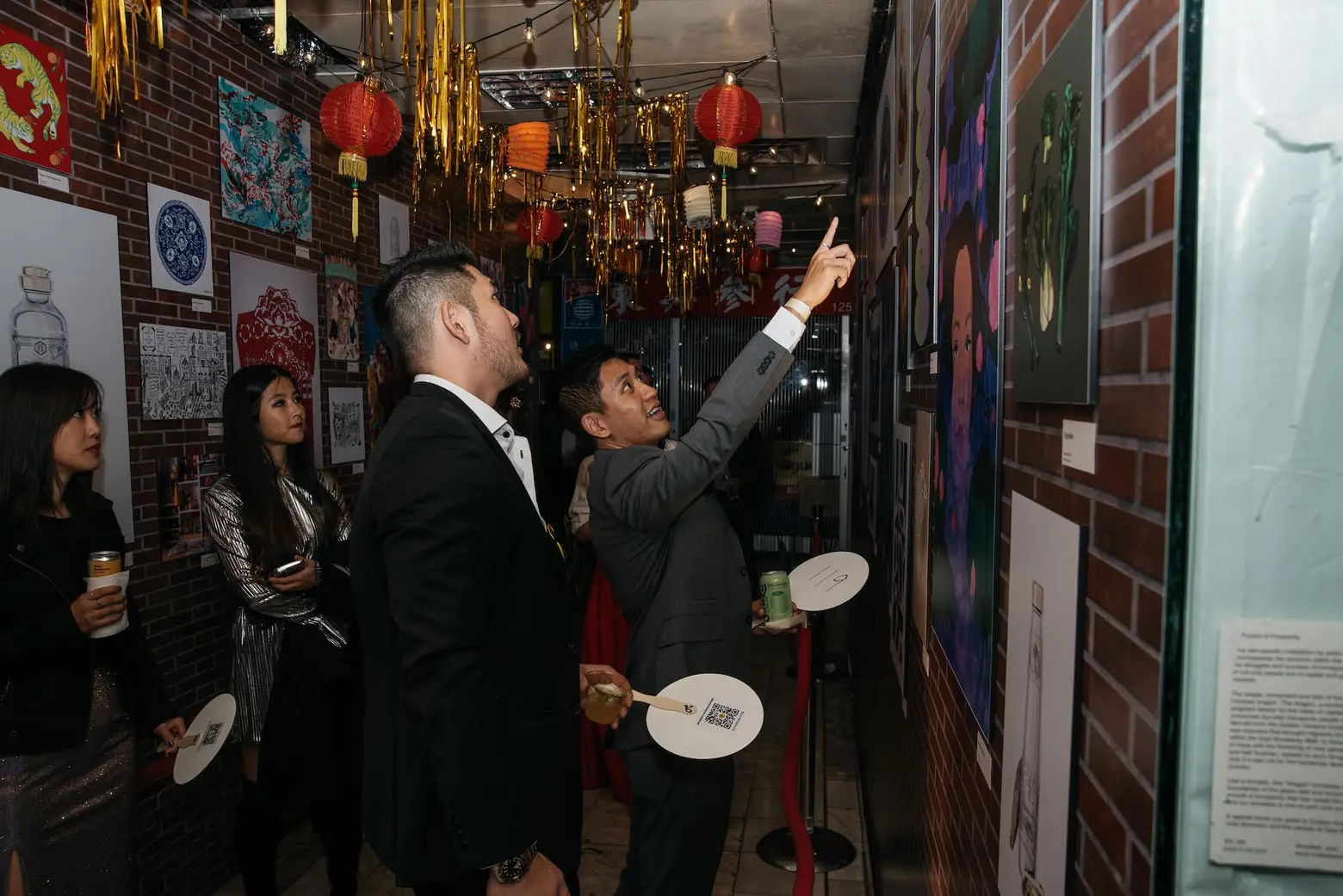
What events are Welcome to Chinatown putting on?
Two major events:
The first is a fair; it’s the second rendition of the fair — we hosted one in October. These are common celebrations in Asia; they are large pop-up markets to purchase goods to make your home welcoming of the new year — things to clean the house and other customary items. We curated 10-12 different entrepreneurs that don’t have a brick-and-mortar presence for them to have an in-person concept to connect with people. There are also workshops and really cool things that are targeted toward families, like a library powered by Panda Express featuring two authors and books curated by Yu and Me Books, a women-owned independent bookstore.
The second event, Meet Chinatown is a scavenger hunt that encourages people to explore Manhattan’s Chinatown and earn points.
We are also hosting a dinner series featuring six different dinners around Chinatown from January 25 – February 4. They are all a mix of old-school favorites and some newer businesses. There is a different menu experience at each and they are all bookable on Resy.
What’s Chinatown like during the Lunar New Year?
It’s my favorite time; it’s a two-week period. On actual Lunar New Year, the 22nd, there is a firecracker celebration. One of my favorite days is called Super Saturday (February 4) when you see all the different line dance groups come to Chinatown to perform; you’ll gear drums and cymbals and paper confetti going off. It’s just a really really fun time.
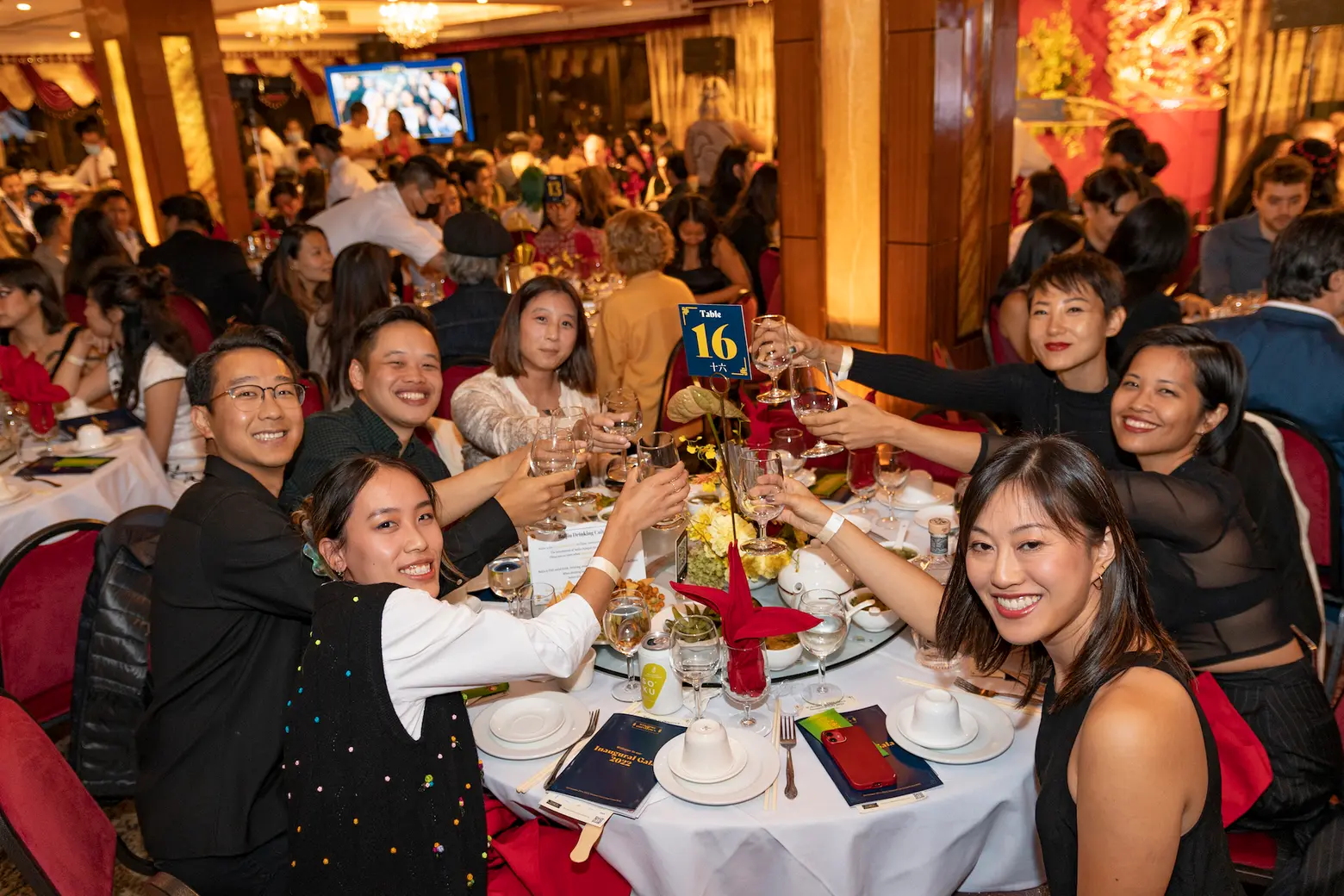
Tell me about the Year of the Rabbit.
This is what I was told by my parents: It’s a good year for risk and new changes. [The different animals associated with each year] was something we would talk about a lot [growing up]. I know all the years my grandparents are and the traits associated with each. I’m a horse so when it was my year, it would be extra special.
Is there any traditional food associated with Lunar New Year?
Buddha’s Delight, or Jai, is a vegetarian dish. In my family it is the first meal of the day on Lunar New Year; my grandmother would make it. At the temples, they make bulk batches. Another dish (for lunar New Year) is dumplings or dessert dumplings; they become a way you can bond with loved ones because you can make them together and then eat together.
What makes Manhattan’s Chinatown special?
Manhattan’s Chinatown is such a historic place, and it contributes so much to the cultural fabric of NYC; I think a lot of people take that for granted. It’s a community that embodies what the American dream is — built on entrepreneurship. My parents and grandparents see this as an opportunity and hope to achieve success for the next generation.
If you are not Chinese American or Asian American, Chinatowns are usually your first cultural introduction. With what we’re seeing now with anti-Asian hate and racism, it is so important to maintain and ensure these communities are thriving; it promotes more understanding. We can keep the history of Chinatown alive and foster it for future generations.
+++
Responses have been lightly edited for clarity
RELATED:
